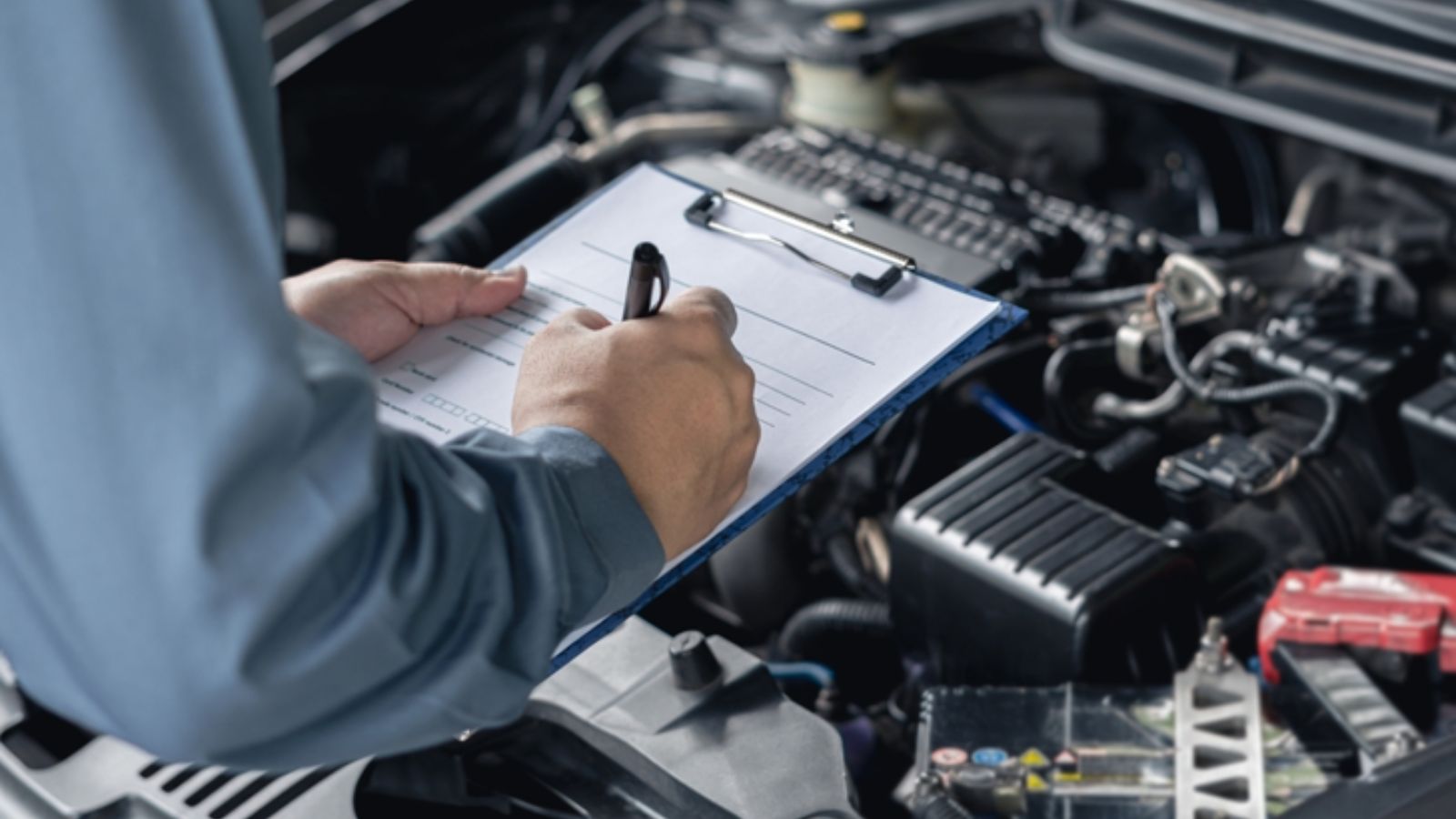Owning a car comes with plenty of responsibilities, and many drivers may not realise how their habits can lead to long-term damage. Being aware of the top mistakes that can affect your vehicle’s longevity is essential for keeping it running smoothly and ensuring that it remains reliable for years to come. From neglecting regular maintenance to ignoring warning lights, small oversights can accumulate and result in costly repairs.

Ignoring Regular Maintenance
Regular maintenance is essential to keeping your car in good condition. Neglecting routine checks can lead to serious issues down the line, affecting performance, safety, and longevity. Here are some common pitfalls associated with skipping essential maintenance tasks.
Skipping Oil Changes
Oil changes are critical for your vehicle’s engine health. Engine oil lubricates moving parts, reducing friction and preventing wear. Over time, oil breaks down and loses its effectiveness, making regular changes vital.
If you skip oil changes, your engine can suffer from increased heat and friction. This can lead to costly repairs, or even engine failure. To avoid this, check your owner’s manual for recommended intervals and make oil changes a priority.
Neglecting Tyre Pressure
Tyre pressure directly impacts your vehicle’s performance and safety. Incorrect pressure can lead to uneven tyre wear, reduced fuel efficiency, and compromised handling.
Regularly check your tyre pressure, ideally once a month and before long trips. Ensure tyres are inflated to the recommended levels indicated in the owner’s manual or on the door jamb. Properly inflated tyres will enhance your driving experience and prolong the life of your tyres.
Overlooking Fluid Checks
Fluids play a crucial role in your car’s operation. Besides engine oil, you should monitor coolant, brake fluid, transmission fluid, and power steering fluid.
Low or dirty fluids can affect performance and lead to serious mechanical issues. Regularly inspect these fluids for levels and cleanliness. If you notice any significant drops or contamination, address them immediately to avoid further damage. Keeping a close eye on your fluids is a simple yet effective way to safeguard your vehicle.
Poor Driving Habits
Your driving habits can have a substantial impact on your car’s longevity. Certain behaviours, if not corrected, can lead to long-term damage. Here are some key habits to be aware of.
Harsh Acceleration and Braking
Accelerating rapidly and braking harshly can wear out crucial components in your vehicle. The transmission, brakes, and tyres are particularly vulnerable.
When you accelerate aggressively, it puts extra stress on the engine and transmission, leading to premature wear. Similarly, frequent hard braking can cause your brake pads and discs to degrade faster.
To protect your car, aim for smooth, gradual changes in speed. Not only will this extend your vehicle’s lifespan, but it will also improve fuel efficiency.
Not Using Parking Brakes on Inclines
Failing to use the parking brake when parked on an incline can result in serious issues. Relying solely on the car’s transmission to hold the vehicle in place increases wear and tear.
If the transmission fails to hold, your vehicle could roll, potentially causing damage to itself or surrounding property. Using the parking brake secures your vehicle properly, ensuring it stays stationary and reducing strain on the transmission.
Make it a habit to engage the parking brake, especially on slopes, to maintain your vehicle’s integrity.
Shifting Gears Improperly
Improper gear shifting can lead to significant mechanical problems. For manual transmissions, shifting without fully engaging the clutch can wear out the clutch plate.
For automatic transmissions, shifting between drive and reverse while the vehicle is in motion can damage the transmission. Always bring your vehicle to a complete stop before making these changes.
Pay attention to your gear changes and avoid rushing them. Practising smooth and correct shifting techniques helps preserve your car’s transmission and overall performance.
Exposure to the Elements
Your car endures various environmental challenges that can lead to long-term damage. Understanding these factors can help you take preventative measures to protect your vehicle.
Frequent Undercarriage Damage
The undercarriage of your car is particularly vulnerable to damage due to exposure to road debris, salt, and moisture. Driving on poorly maintained roads can kick up stones and other materials that cause scratches and dents.
Additionally, if you live in an area where roads are treated with salt during winter, it can contribute to corrosion. Regularly inspecting the undercarriage and addressing any signs of damage will help preserve its integrity.
To protect it, consider applying a durable undercoating. This adds a layer of defence against moisture and road salt. Regular washing can also help remove any harmful debris.
Sun Damage to Paint and Interior
Prolonged exposure to sunlight can fade your car’s paint, leading to a dull and worn appearance. UV rays can break down the chemicals in your paint, causing it to oxidise and lose its original colour.
The interior is not immune either. Dashboard materials and upholstery can crack or fade when left in the sun for extended periods. You can mitigate this damage by parking in shaded areas or using a car cover.
Investing in a good-quality car wax can provide a protective barrier against UV rays. Interior sunshades can also help in reducing direct sunlight exposure to your dashboard and seats.
Lack of Rust Protection
Without proper rust protection, your vehicle is at risk, especially if exposed to rain, snow, or humidity. Rust can form quickly, particularly in areas where water accumulates, like wheel wells and door sills.
Using anti-rust treatments can significantly extend your car’s life. Regular cleaning, especially in winter, can also prevent salt and dirt from causing corrosion.
Make it a habit to inspect for any signs of rust and address them immediately. Catching rust early can save you from expensive repairs down the line. Using protective coatings every few years will also help keep your car in top shape.
